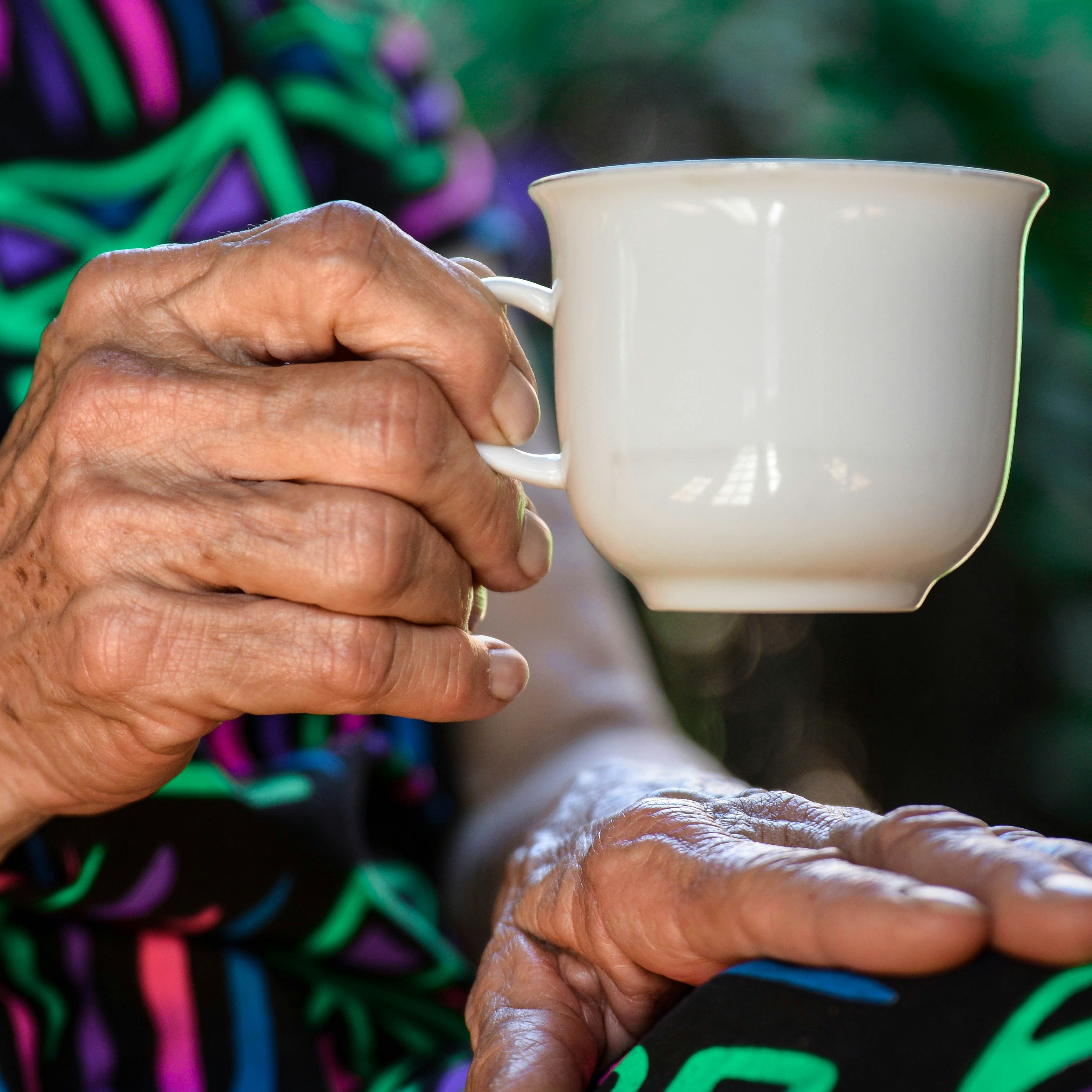
What to look for when choosing a dementia care home
Our guide takes you through the process of choosing a dementia care home. Knowing the right signs to look for and the right questions to ask is the simplest way to compare care homes and find the one that is right for you or your loved one.







